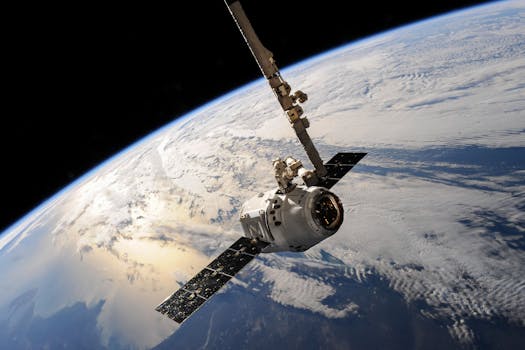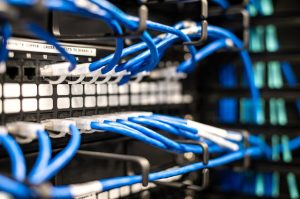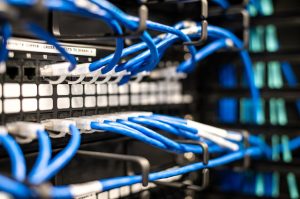The Future of Satellites: Revolutionizing Global Connectivity
The future of satellites is poised to revolutionize global connectivity, enabling faster and more reliable communication services. With advancements in technology, satellites are becoming increasingly important for a wide range of applications, from navigation and communication to weather forecasting and Earth observation.

The Future of Satellites: Revolutionizing Global Connectivity
The future of satellites is poised to revolutionize global connectivity, enabling faster and more reliable communication services. With advancements in technology, satellites are becoming increasingly important for a wide range of applications, from navigation and communication to weather forecasting and Earth observation. The future of satellites is an exciting and rapidly evolving field, with new technologies and innovations emerging all the time.
Advancements in Satellite Technology
One of the key drivers of the future of satellites is the advancement of satellite technology. New materials and manufacturing techniques are enabling the production of smaller, lighter, and more powerful satellites. This is making it possible to launch more satellites into space, increasing the overall capacity and reducing the cost of satellite-based services. Additionally, advancements in propulsion systems and power generation are enabling satellites to operate for longer periods and travel farther distances.
Another area of advancement is in the field of satellite communications. New technologies such as Ka-band and laser communication are enabling faster and more reliable communication services. These technologies are particularly important for applications such as broadband internet and mobile connectivity, where high-speed and low-latency communication is critical. Furthermore, the development of satellite constellations is enabling the provision of global coverage and connectivity, even in remote and underserved areas.
Applications of Satellites
Satellites have a wide range of applications, from navigation and communication to weather forecasting and Earth observation. Navigation systems such as GPS and Galileo rely on satellites to provide location information and timing signals. Communication satellites enable the transmission of data and voice signals over long distances, connecting people and communities around the world. Weather forecasting satellites provide critical information about weather patterns and storms, enabling more accurate predictions and warnings.
Earth observation satellites are used to monitor the environment and track changes in the climate. These satellites provide valuable information about the health of our planet, enabling us to better understand and mitigate the impacts of climate change. Additionally, satellites are used in a variety of other applications, including disaster response and recovery, agriculture, and urban planning. The use of satellites in these applications is becoming increasingly important, as they provide critical information and services that are essential for modern life.
Challenges and Opportunities
Despite the many advantages and opportunities presented by satellites, there are also challenges and risks associated with their use. One of the key challenges is the issue of space debris, which poses a significant threat to the safety and sustainability of space-based services. Additionally, the increasing reliance on satellites creates vulnerabilities to cyber attacks and other forms of interference. Furthermore, the use of satellites raises important questions about privacy and security, particularly in applications such as surveillance and monitoring.
However, the future of satellites also presents many opportunities for innovation and growth. The development of new technologies and applications is creating new markets and industries, and enabling the creation of new jobs and economic opportunities. Additionally, the use of satellites is enabling us to better understand and address some of the world’s most pressing challenges, such as climate change and sustainable development. As the future of satellites continues to evolve, it is likely that we will see many more exciting developments and innovations in this field.



